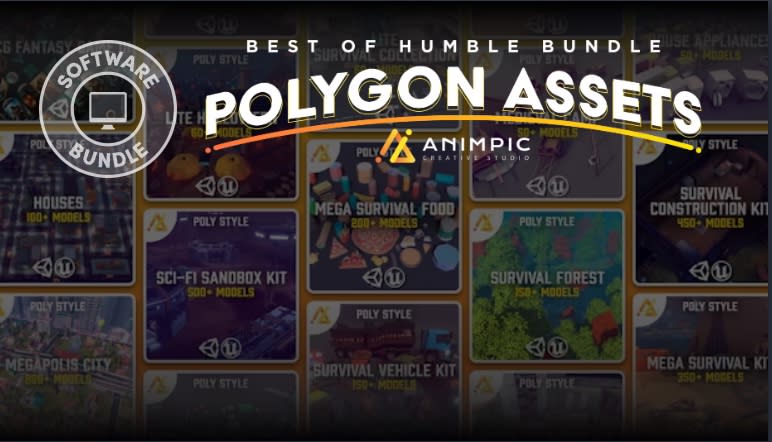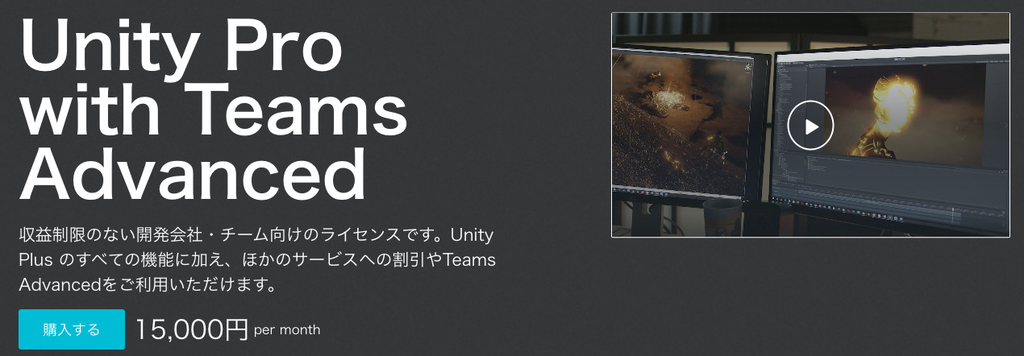
Documentation | Version | SupportManage your project's scenes in a fast, optimized and easy-to-implement way. Simple Scene already has specific components to be used in your game or you can create your own.CompatibilityUnity 2020.1 or higherAdditive ScenesAdd scenes to a collection, set whether it should be Default (Add scene or remove account as usual), Persistent (Scene remains in the hierarchy even after another Scene Collection is loaded), Do Not Open (Add scene or remove account as as usual ) or Do Not Open Persistent (The same process as for Do Not Open is done, the scene remains in the hierarchy).Load Scene our Load Scene AsyncChoose how scenes will be loaded, reloaded, or unloaded. Warning: Setting the load and reload speed can only be done if Load Async is enabled.Load ScreensUse a pre-made as the loading screen so that each Scene Collection can have its own loading screen. You can set the charging, recharging or discharging speed. To generate a Load Screen use pooling to reuse objects.UniTask v2Simple Scene uses the UniTaks v2 package which has zero async/guard allocation for Unity, with async LINQ. In addition to performance improvements, the new async strings and async LINQ.Garbage CollectorUnity uses a garbage collector to reclaim memory from objects that your application and Unity are no longer using. If the option is activated, the Garbage Collector happens when executing some action of the Scene Collection (Load, Reload or UnLoad).Load, Reload and UnLoad scenes.Load Scene our Load Scene Async.Multiple loading screen.Optimized with UnitTask v2.Set speed of loading, unloading and reloading.Garbage Collector (Optional).Load Screen Pooling.







